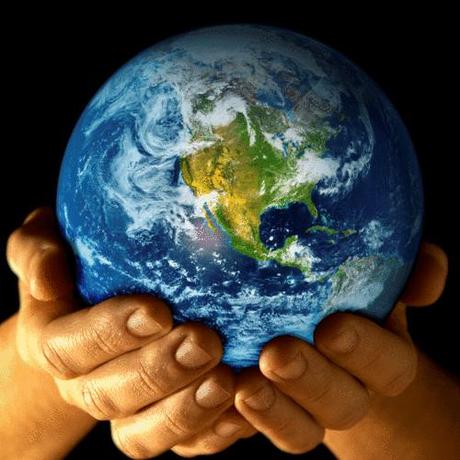What Language
do you think in??
This thought has
crossed my mind in English but I have the ability to think it in Spanish. Being
bilingual I began to ask myself how language effects my cognitive thinking and
more importantly how does language effect other cultures around the world.
Scientist agree that the left temporal lobe of the brain is used to comprehend
and translate audio strings into vocabulary formatted words in the mind ( Im
sure its way for complex then just that). Or could it be that I think of
pictures and smells then translate that into some type of language. The
question I then asked myself is "why is it easier for kids to understand a
new language? Children actually a smaller memory capacity so they end up
focusing on smaller chunks. They pay more attention to the most important parts
of a sentence, effectively filtering out details that might overwhelm an adult.
This simpler approach might be one of the things that give kids an advantage. Adults
have much harder time learning a new language because they have hard-wired neural
connections in the brain and when a new language needs to be learned they have
to rewire connections they have already been accustomed to using for so many
years. This rewiring of language connections causes for a harder time in
grassing vocabulary in a new language. I would have to say this would relate to travel in that one must be culturally sensitive and attempt to learn at least some aspect of a foreign countries language to better understand the environment they are entering.



